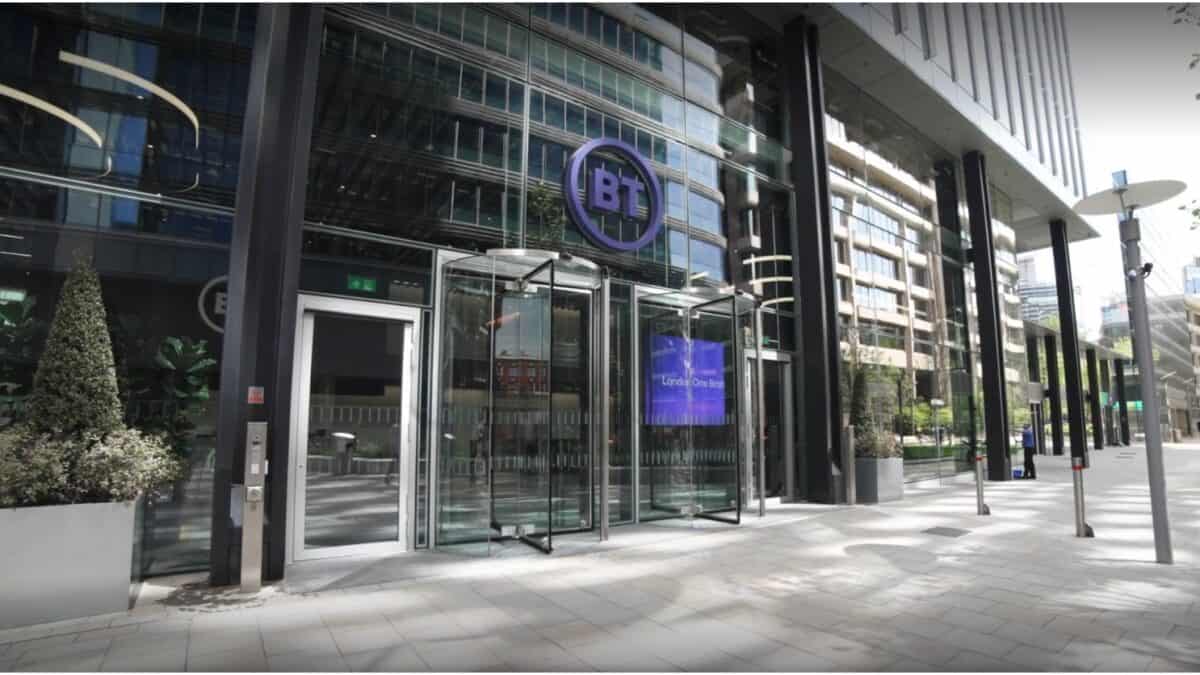Two of the story stocks of 2023 in my opinion were BT (LSE: BT.A) and Tesco (LSE: TSCO). So which of the BT share price or Tesco share price is a better buy for me right now?
Background and share price performance
BT’s enviable position in the telecoms ecosystem in the UK is dominant, and enviable. Tesco is one of the largest supermarket businesses with an international presence.
The BT share price has lost 15% over a 12-month period. The shares currently trade for 112p, compared to 132p at this time last year. Conversely, Tesco shares are up 20% in the same time period from 247p at this time last year, to current levels of 298p.
Should you invest £1,000 in Tesco right now?
When investing expert Mark Rogers has a stock tip, it can pay to listen. After all, the flagship Motley Fool Share Advisor newsletter he has run for nearly a decade has provided thousands of paying members with top stock recommendations from the UK and US markets. And right now, Mark thinks there are 6 standout stocks that investors should consider buying. Want to see if Tesco made the list?
Risks and future prospects
Starting with BT’s bear case, it would be remiss of me not to mention the changing face of telecoms and BT’s position in it. In recent years, competition in the industry has risen massively, taking away some of BT’s market share. However, it is still an important part of the infrastructure as a provider of the network. Plus, it is building out its fibre optic offering, which could yield rewards but is also very expensive. Finally, BT has a lot of debt on its books which is costlier to pay down during times of high interest, like now.
Moving to Tesco, I reckon competition from disruptors as well as rising costs are its two biggest issues. Aldi and Lidl, as well as discount retailers like B&M, have soared in popularity due to consumers looking to make their cash go further. As costs are high due to inflation, margins come under pressure, impacting profitability, sentiment, and investor returns.
Looking forward then, BT’s fibre broadband offering completion and roll out is crucial to the business seeing performance and investor sentiment increase. Despite losing market share in recent years, it is still hugely popular and has a strong, loyal customer base. Its brand power is enviable, in my eyes.
Going over to Tesco, I’m buoyed by the fact it possesses the largest grocery market share in the sector. This could help serve it well, as will its popular and ever evolving Club Card loyalty scheme. Furthermore, the business continues to invest heavily into digital channels which I also think could help boost its shares and performance as the e-commerce boom continues.
Fundamentals and my verdict
Starting with valuations, BT shares look cheap on the surface of things on a price-to-earnings ratio of five. Plus, a dividend yield of 5% looks attractive. However, it’s worth remembering dividends are never guaranteed.
As for Tesco, a price-to-earnings growth ratio close to 0.5 is very enticing. A reading below one could indicate the shares are undervalued. Furthermore, a dividend yield of 3.6% is pretty decent too.
Taking everything into account, I’d rather buy Tesco shares right now. Despite its challenges, the investment case from a risks, fundamentals, and future outlook perspective means it just looks a better investment than BT for me right now.
I’m worried about BT’s dwindling market share and more crucially, its high levels of debt and costly maintenance and fibre roll out. These aspects could hinder future performance, further growth plans, and any returns too.








